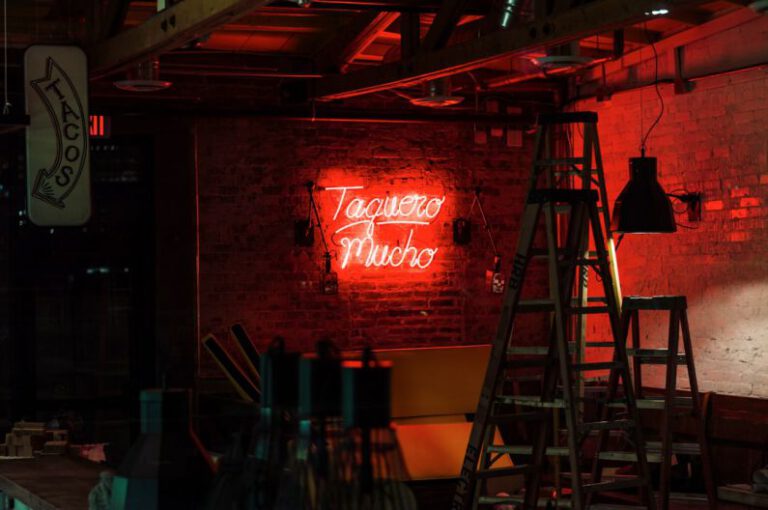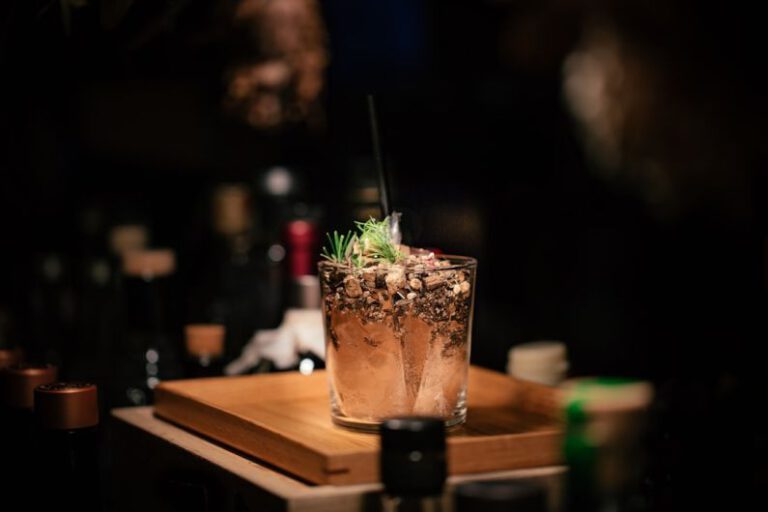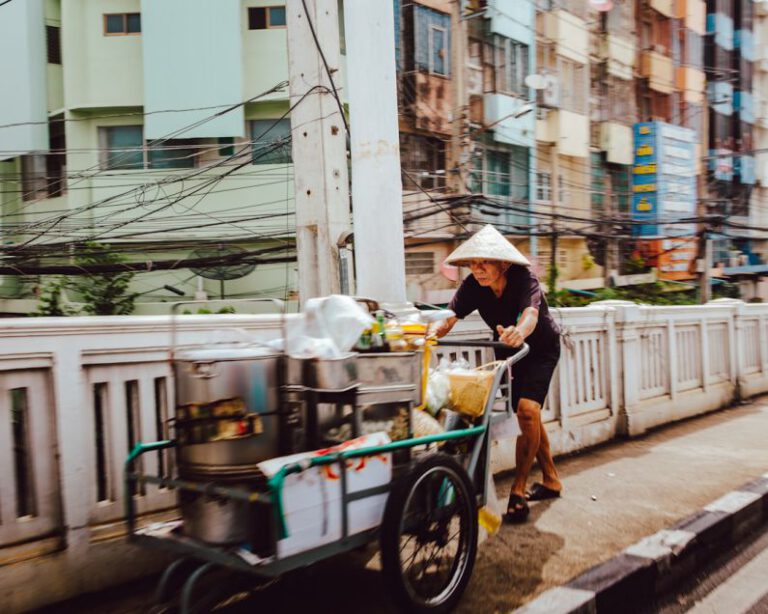Is French Cuisine More than Just Wine and Cheese?
When thinking about French cuisine, images of delectable pastries, fine wines, and creamy cheeses often come to mind. However, French gastronomy is a rich and diverse tapestry that goes beyond these stereotypical associations. From rustic regional dishes to haute cuisine innovations, French food culture reflects a deep-rooted tradition of culinary excellence that continues to evolve and inspire gastronomes around the world.
The Essence of French Cuisine
French cuisine is more than just a collection of recipes; it is a way of life that celebrates the art of eating and drinking. At its core, French gastronomy emphasizes quality ingredients, precise techniques, and a profound respect for tradition. This commitment to excellence has earned French cuisine a well-deserved reputation as one of the finest and most influential culinary traditions in the world.
Regional Diversity
One of the most intriguing aspects of French cuisine is its regional diversity. France is divided into distinct culinary regions, each with its own unique ingredients, flavors, and cooking styles. From the buttery dishes of Normandy to the hearty stews of Provence, each region boasts a rich culinary heritage that reflects its history, geography, and cultural influences.
Burgundy, known for its rich beef bourguignon and coq au vin, is a region celebrated for its use of red wine in cooking. In contrast, the coastal region of Brittany is renowned for its fresh seafood dishes, such as moules marinières and fisherman’s stew. The culinary landscape of France is a patchwork of flavors and traditions that showcase the country’s diverse terroir and culinary expertise.
Haute Cuisine
While traditional French cuisine holds a special place in the hearts of food enthusiasts, it is the realm of haute cuisine that truly exemplifies the artistry and sophistication of French cooking. Haute cuisine, or high cuisine, is a style of cooking characterized by elaborate preparations, exquisite presentation, and a focus on luxury ingredients.
Pioneered by renowned chefs such as Auguste Escoffier and Paul Bocuse, haute cuisine represents the pinnacle of French gastronomy. Dishes such as foie gras terrine, lobster bisque, and truffle-studded filet mignon exemplify the opulence and refinement of this culinary style. Haute cuisine is not merely about sustenance; it is a multisensory experience that engages the palate, the eyes, and the soul.
Innovation and Evolution
While French cuisine has a deep-seated respect for tradition, it is also a dynamic and evolving culinary tradition that embraces innovation and experimentation. Modern French chefs are constantly pushing the boundaries of traditional cooking techniques and flavor combinations, resulting in exciting new culinary creations that challenge conventional notions of French gastronomy.
From molecular gastronomy to fusion cuisine, contemporary French chefs are redefining the boundaries of what is possible in the kitchen. Chefs like Alain Ducasse, Anne-Sophie Pic, and Yannick Alléno are at the forefront of this culinary revolution, creating dishes that are as visually stunning as they are delicious. French cuisine is a living, breathing art form that continues to inspire and captivate food lovers around the globe.
Celebrating French Food Culture
In conclusion, French cuisine is much more than just wine and cheese; it is a multifaceted culinary tradition that embodies the essence of French culture and history. Whether savoring a simple baguette with butter or indulging in a multi-course tasting menu at a Michelin-starred restaurant, French food culture offers a rich tapestry of flavors, textures, and aromas that captivate the senses and nourish the soul. So, the next time you sit down to a meal of French cuisine, take a moment to appreciate the artistry and passion that goes into every bite. Bon appétit!






